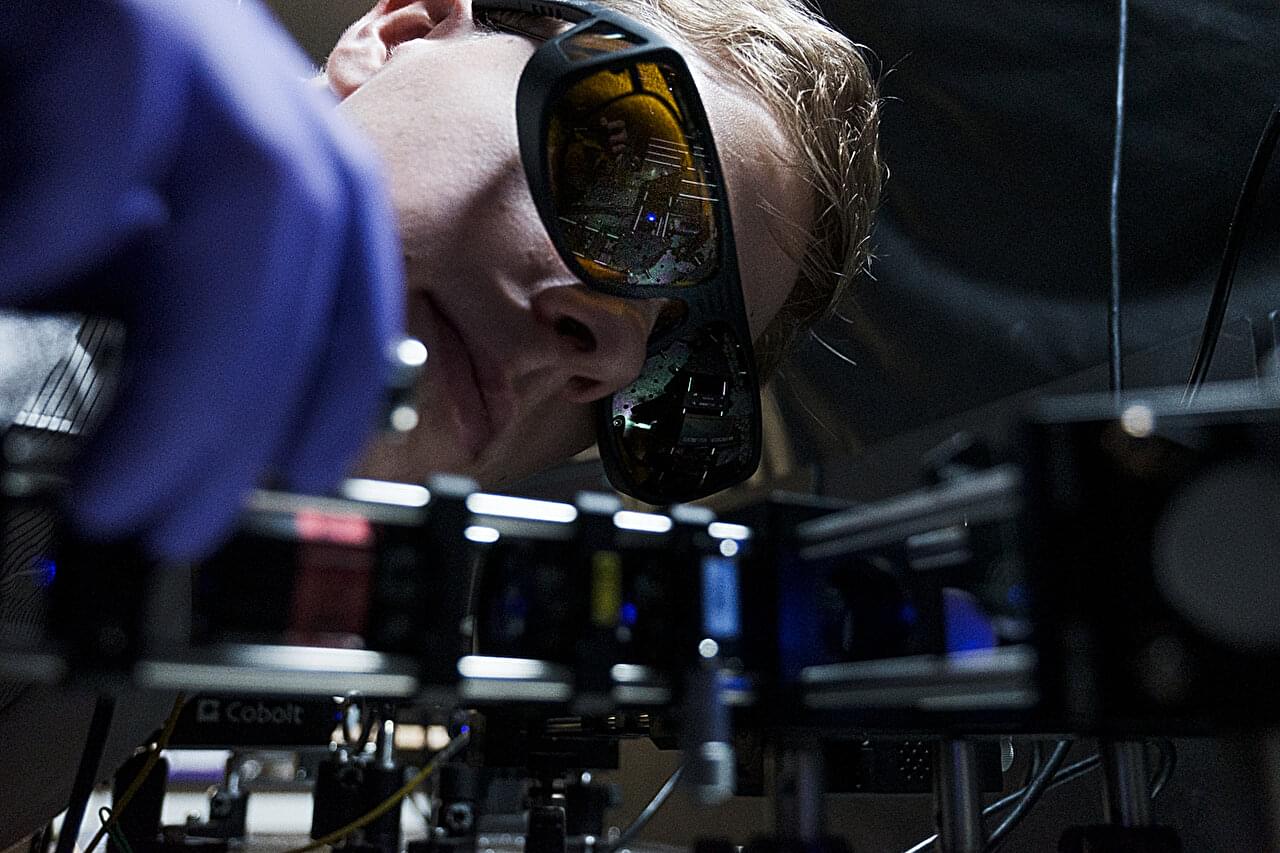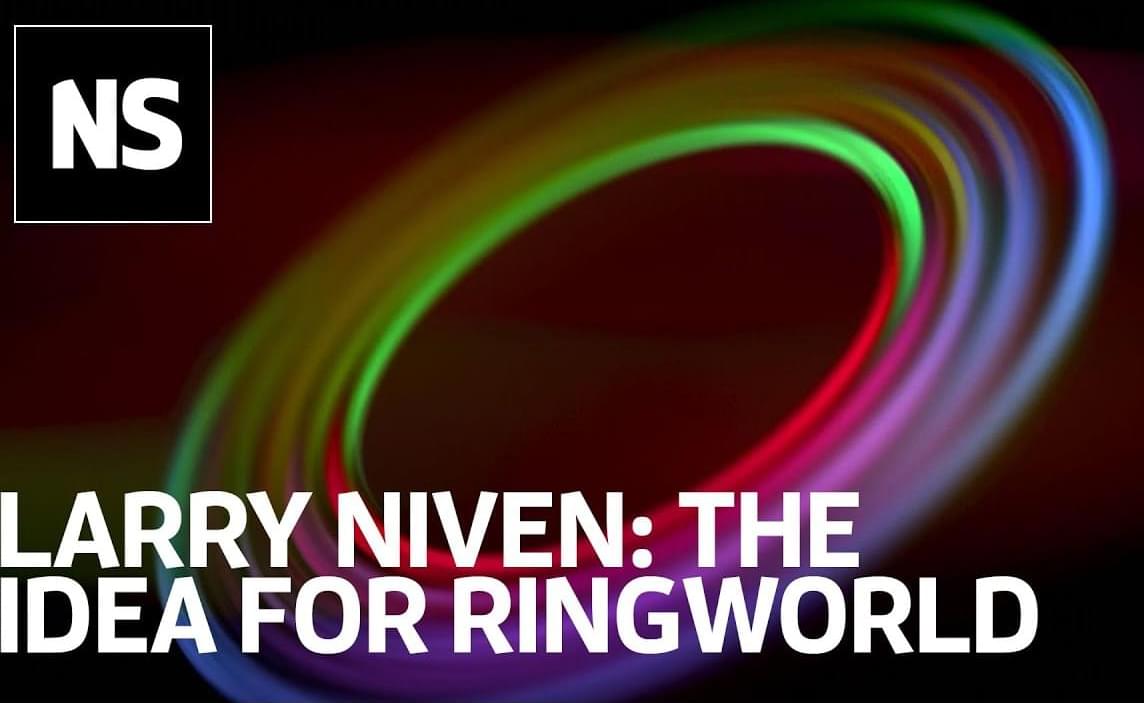Lassi Rautiainen is a Finnish photographer who captured photographs of a unique friendship between a female grey wolf and a male brown bear. The two buddies were seen every night for ten consecutive days. They spend a few hours together between 8. p.m. and 4. a.m. The wolf and the bear even share food with one another.
Apparently, it is very rare to observe a wolf and a bear getting along this well. It is unsure as to how and why the two creatures became friends in the first place. Lassi assumes that the wolf and the bear felt lonely and weren’t very sure as to how to survive on their own. They were also young so they must have found it nice to share the rare events that occur in the wild.
Lassi was glad to have come across these two friends because it made the perfect story. He felt as if the wolf and the bear found it safe being together. “No one had observed bears and wolves living near each other and becoming friends in Europe” he expressed. This unlikeliest of friendships is sure to inspire us all.









